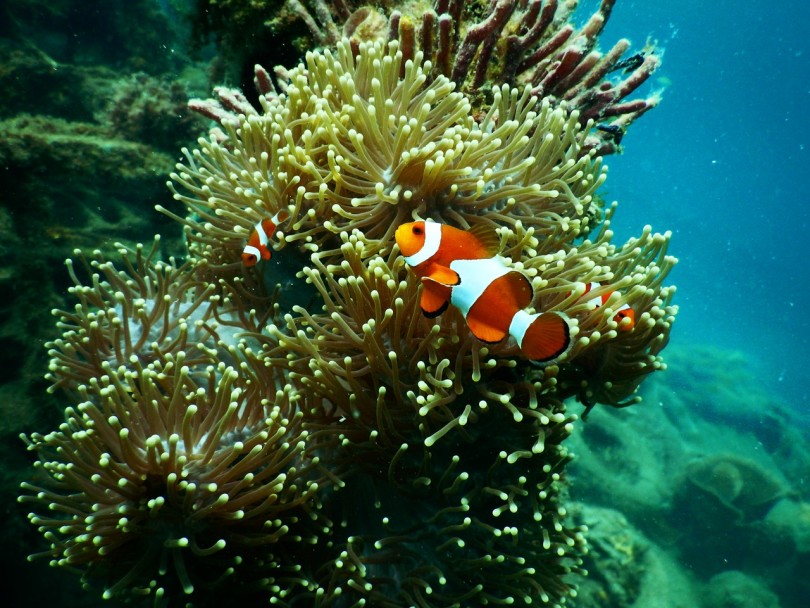22 Apr 24
Lab ChatLabworx
The Global News Source for the World of Science and Chemicals
How will rising heat affect the ARABIAN GULF?
03 March 2019
Lab Chat
Water pollution is one of the biggest environmental concerns for 2019. It’s certainly taking its toll on the United Arab Emirates (UAE) with extreme damage to the coral reefs in the Arabian Gulf. After a record-breaking hot summer and low levels of wind, the future of 8 reefs is at risk as corals are dying at a rapid rate.
There’s growing concern among UAE scientists after research discovered that rising temperatures have killed almost three quarters of the coral in Abu Dhabi’s reefs. Dr John Burt, associate professor of biology at New York University Abu Dhabi, described the results as “catastrophic”, adding that he had “never seen anything like it”.
Pollution causes
So, what has caused this mass killing of our coral reefs? According to Dr Burt, sewage discharge, dredging and land reclamation are adding to the stress on the coral, causing it to weaken and eventually die. Climate change is also a huge contributing factor, causing coral reef damage across the globe.
In the summer of 2017, the UAE saw weaker than usual winds and intense long-lasting heat, leading to a reduction in sea evaporation which can increase water temperatures. Daily temperatures reached an average of around 36°C for two months, exposing coral to prolonged bleaching heat. For around two weeks, the water experienced above lethal temperatures, proving deadly for the water’s ecosystems.
Deadly consequences
Within a month of 2017’s scorching summer, 94.3% of Abu Dhabi’s coral cover became bleached, with almost two thirds of this coral dying due to the excessive damage. By April of 2018, around three quarters of the original coral had died, leaving the reef bare and vulnerable.
Coral tends to contain algae which work together to benefit both living organisms – the coral and the algae. While the algae photosynthesise and produce oxygen and glucose for the reef, the coral provides a safe habitat and vital nutrients for the microorganisms. As temperatures rise, the algae produce higher amounts of oxygen, harming the coral and resulting in the algae being ejected from their home.
Unfortunately, coral simply cannot survive on its own and will start to die after around two weeks without the algae.
In an attempt to combat the growing problem, Dr Burt and his team are developing a model to alert governments 2-3 weeks prior to coral becoming vulnerable to high water temperatures, allowing time to address the problem and red
DOWNLOAD PDF

2 Day Seminar Program
@ ArabLab+ 2024
24 & 25 September 2024
Your stay in Dubai
Labkit
Product News
Chemkit
Product News
Thinking about exhibiting at ARABLAB 2024? Watch our video to find out more.
Join the world’s leading organisations…
Get in touch and stay in touch…
Join our mailing list and receive the ARABLAB newsletter and event updates.





















